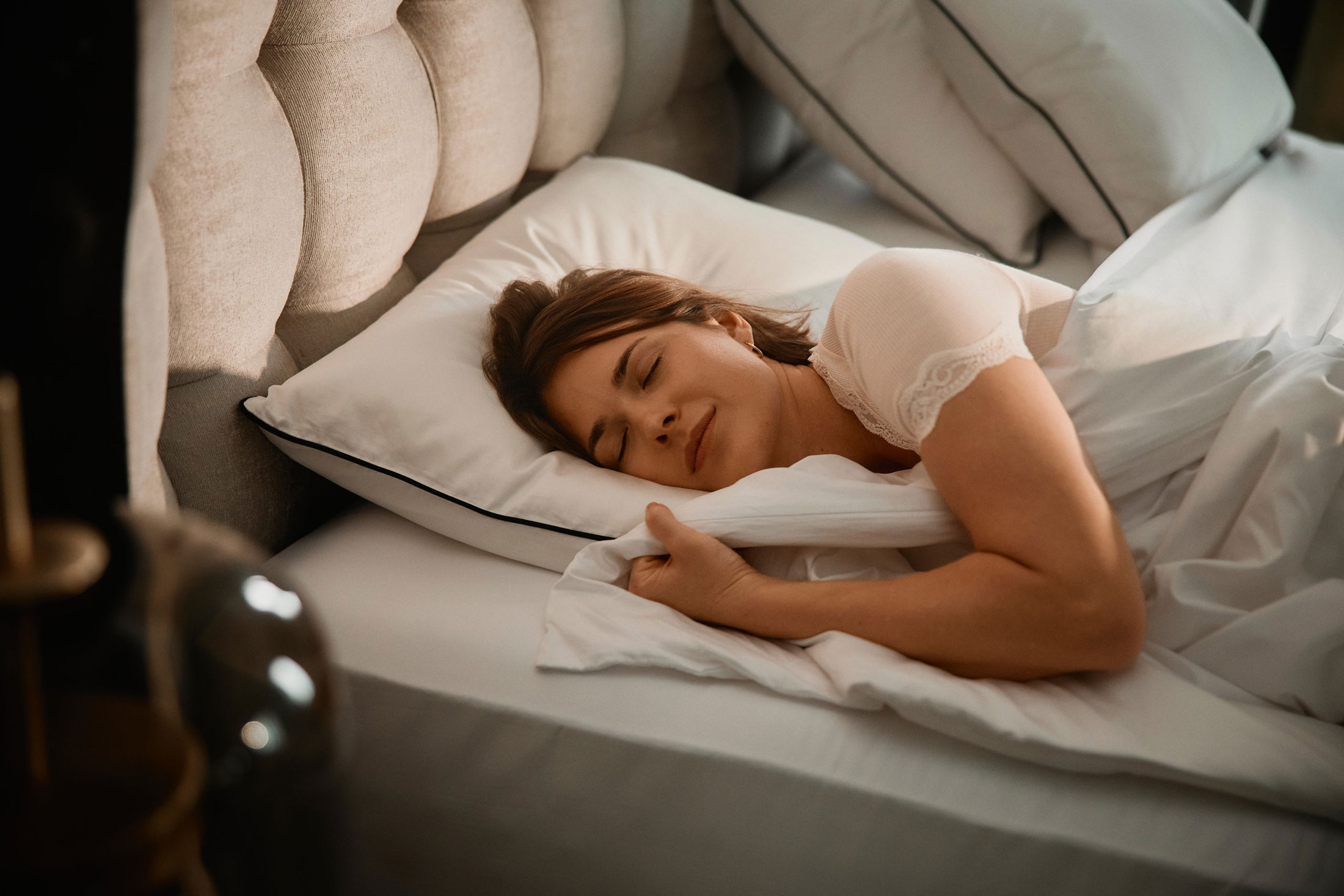The promise of a perfect night's sleep
We have been the last true artisans of sleep since 1895.
Handcrafted, with expertise and competence.
Ensuring every night promises the best sleep ever,
and every morning a new beginning.
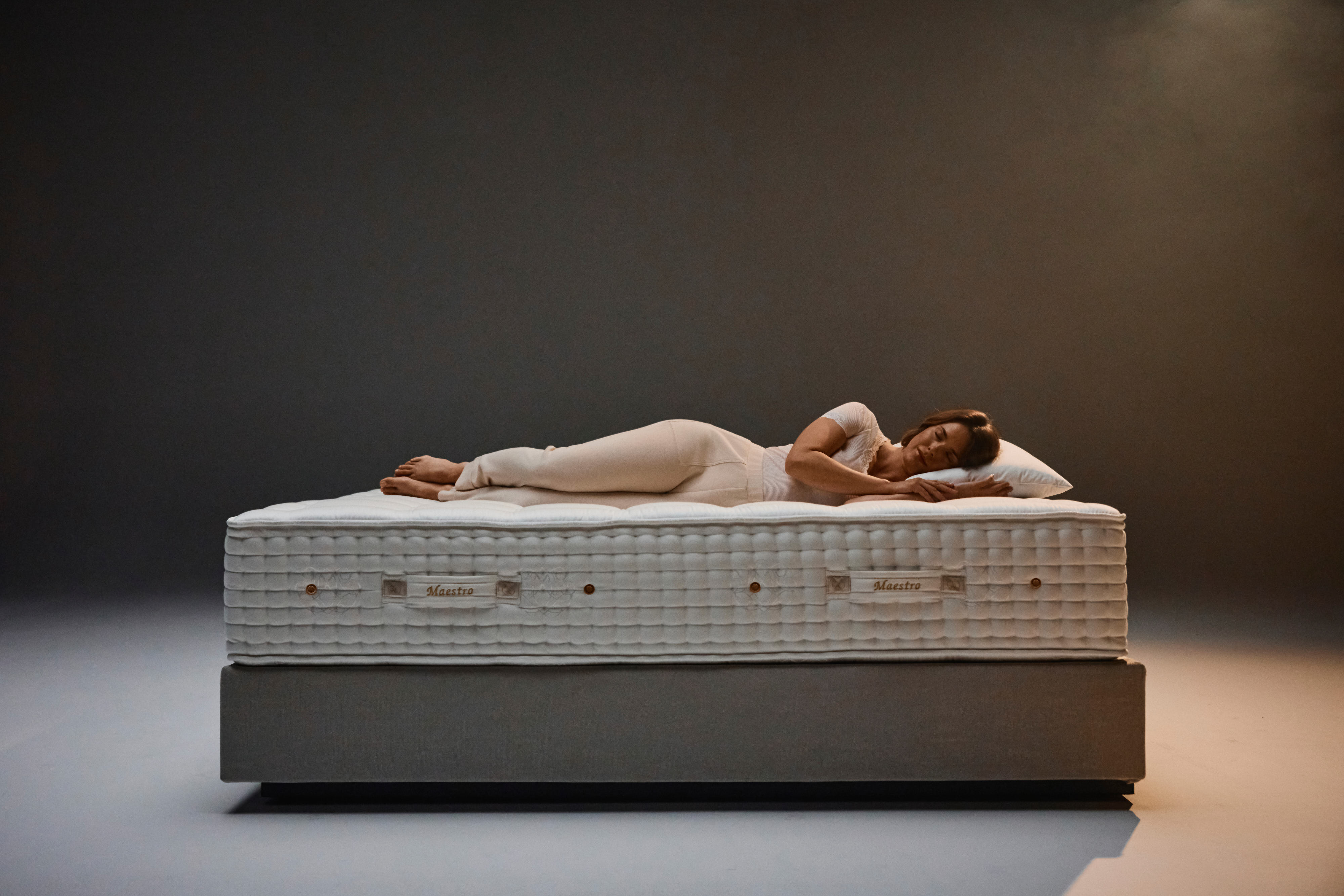
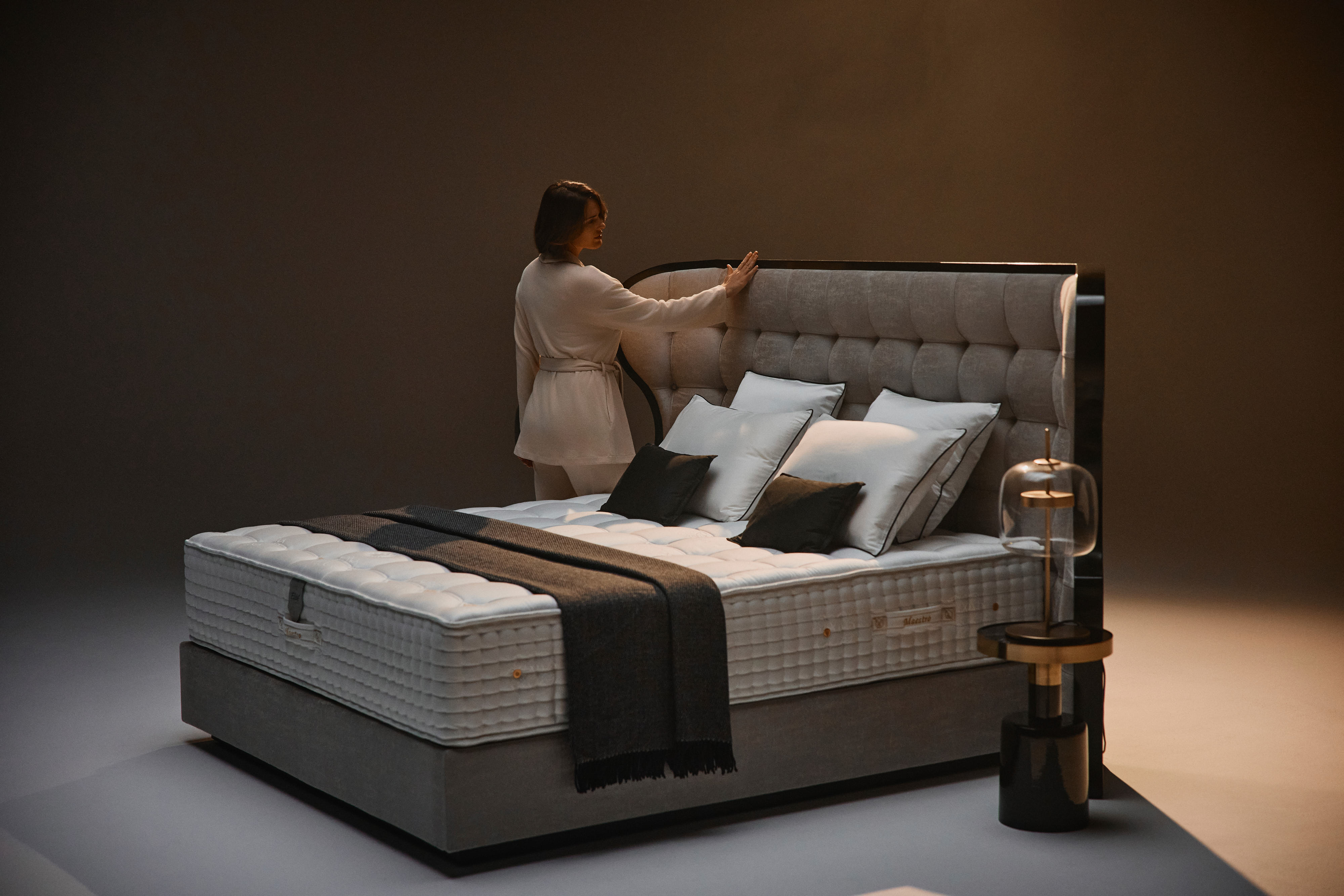
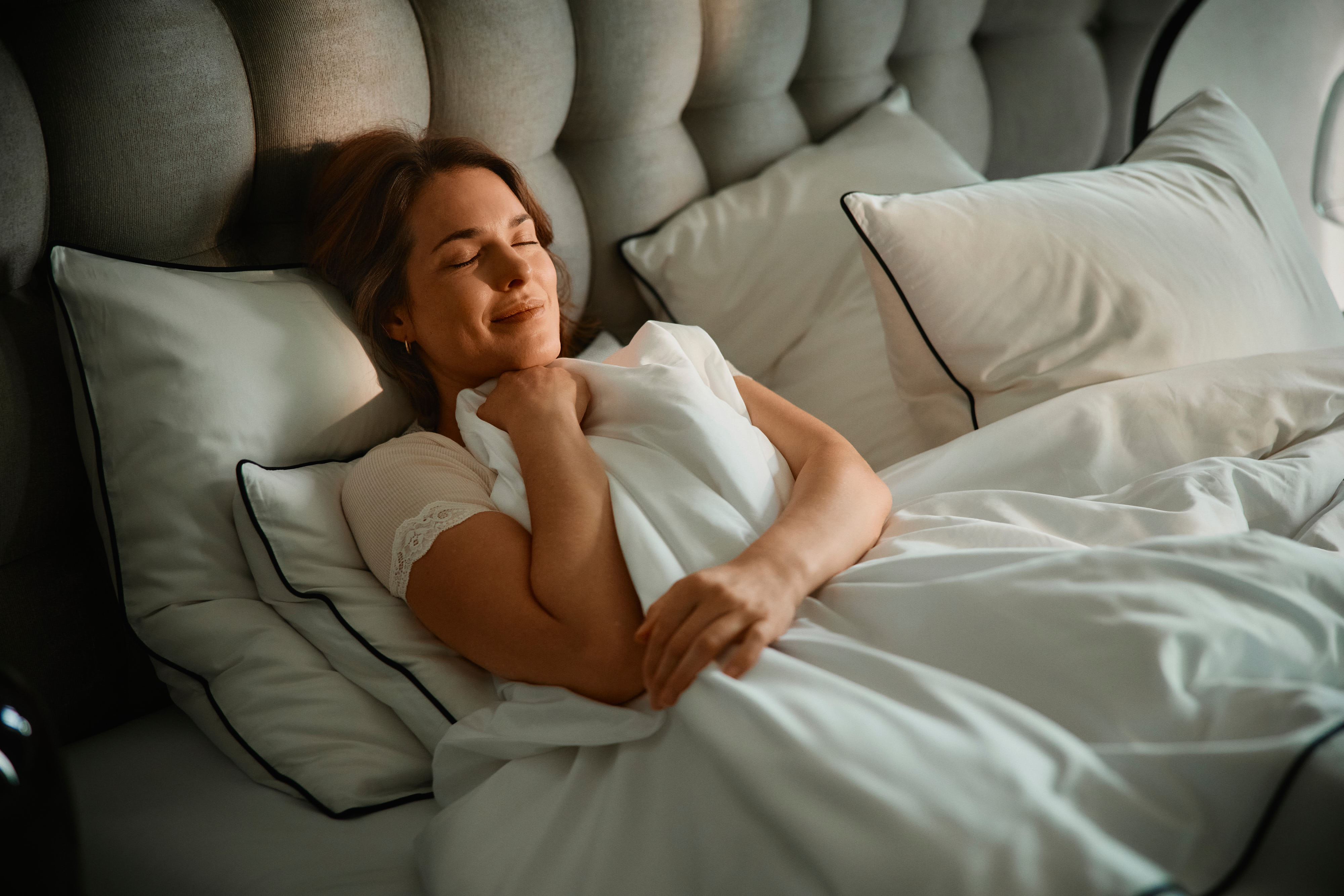
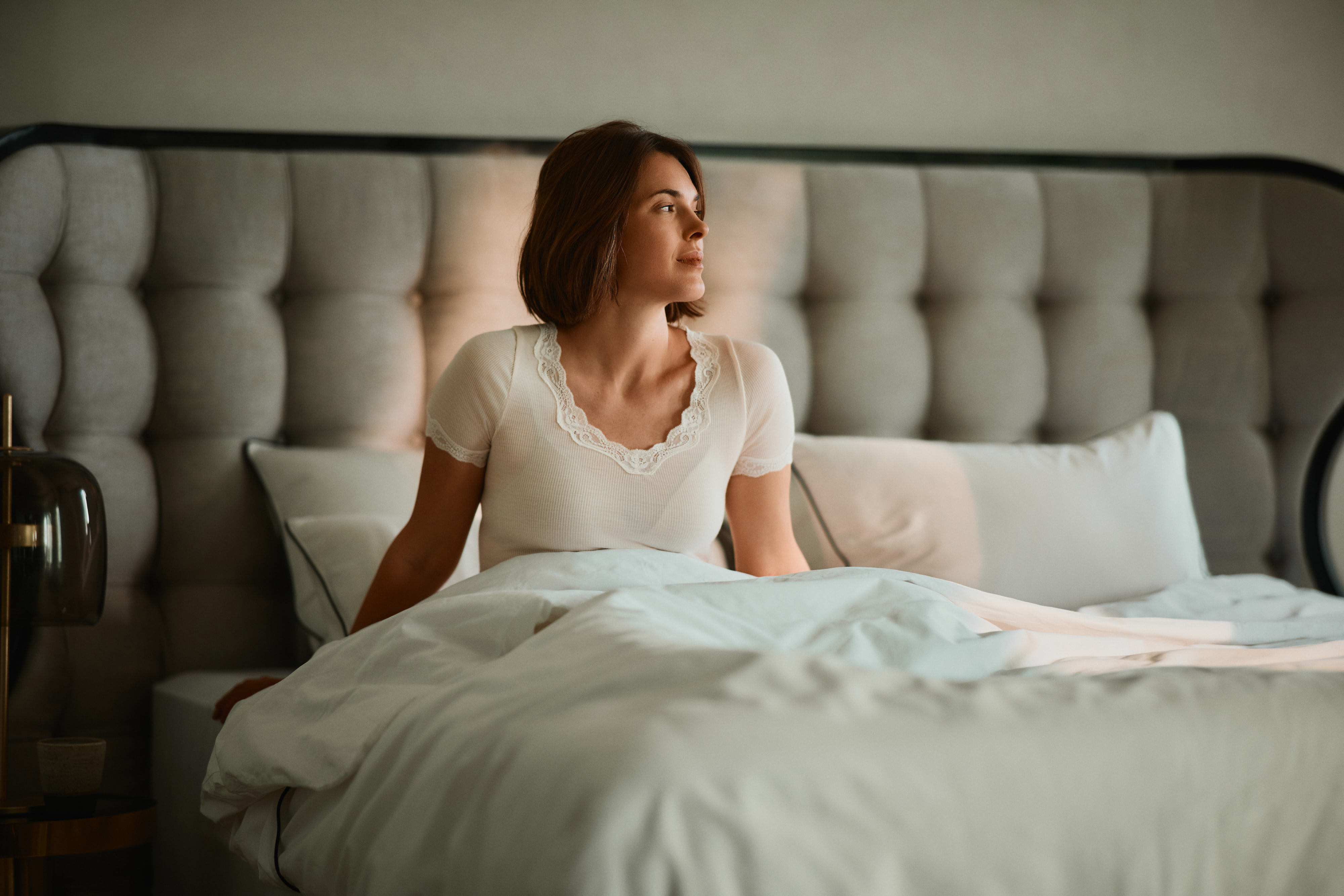
Mattresses
Find the mattress that’s just right for you, combining outstanding comfort, back support and temperature regulation.
Beds
Every Elite bed is a unique, handcrafted creation. The solid wood structure incorporates our exclusive box spring bed base, guaranteeing long-term comfort.
Pillows and duvets
Having the right duvet and pillow is crucial when it comes to keeping your body in balance and ensuring a perfect night’s sleep.
Bed linen
Our exclusive and fully customisable collection features unbelievably soft and smooth fabrics.
Swiss quality bedding for exceptional sleep
The Swiss Manufacturer Elite brings to bear unique expertise and capacity for innovation to deliver truly restorative sleep for the customers. Discover our Home Collection – the elegant, bespoke expression of unrivalled comfort that tailor-made products provide.
Explore our productsThe sleep experts
As pioneers in the quest for a perfect night’s sleep, Elite enlists the help of sleep specialists, constantly innovating as we keep in step with customers’ changing sleep needs.
Read our advice